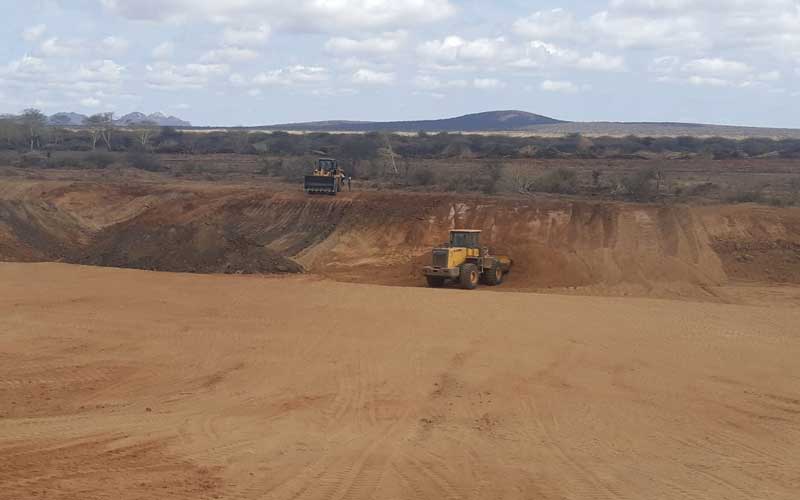×
The Standard e-Paper
Kenya’s Boldest Voice

Construction works at Chafachachane dam in Marsabit County. [David Njaaga, Standard]
Layers of dust dotted with gravel patches envelop the sweeping expanses of the undulating landscape, as far as the eye can see.